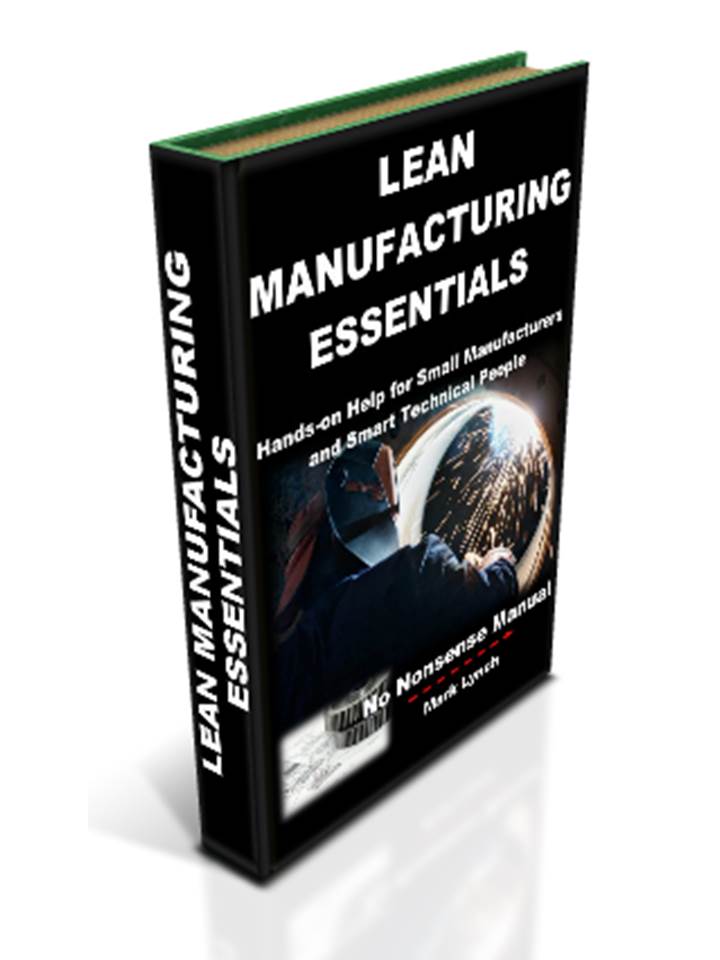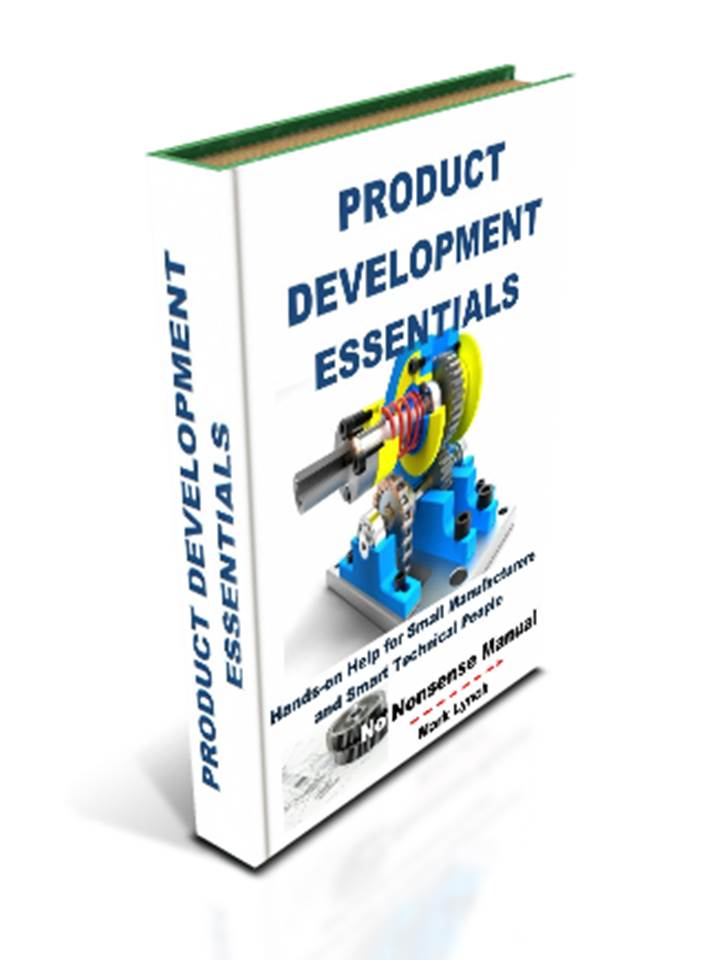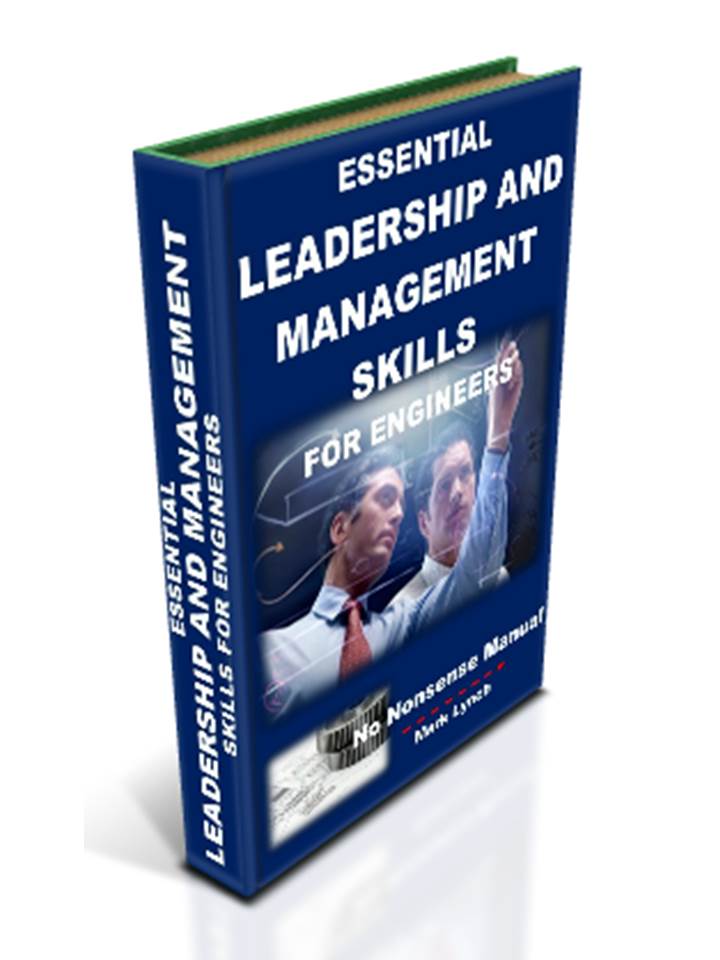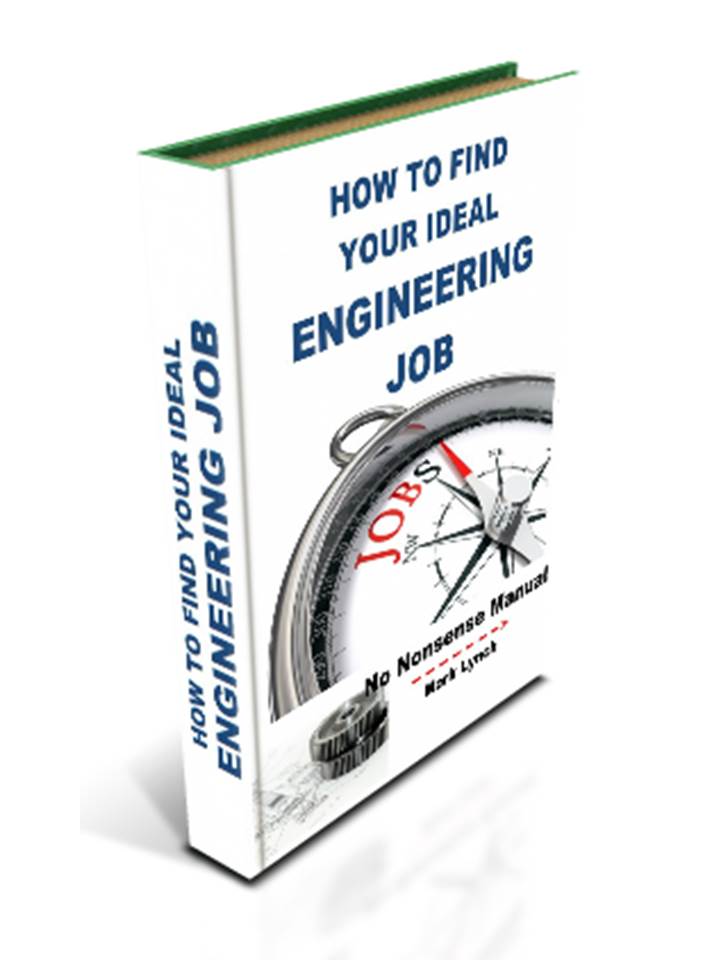'Hands-on Help for SMEs' and Smart Technical People'
Industry Qualifications GCSE ALevel NVQ
Qualifications Explained 1:
Intro, GCSE, A Level and NVQ
Career Management for Engineers
Industry Qualifications GCSE ALevel NVQ
Qualifications Advice - Academic and Vocational
There are a wide variety of qualifications professionals working in industry can obtain. The benefits listed in the previous section for both individuals and companies, certainly make striving for qualifications something worthwhile. The qualifications listed below are both academic and vocational in their nature. As such, consider which of these may best benefit you or your colleagues, as part of a personal development plan or a broader departmental skills plan.
As this is a UK-based website, the qualifications relate to British education. However it would be great to hear about equivalent qualifications from overseas. That said, the graduate and the post-graduate qualifications are internationally recognised.
Many industries will have their own qualification standards and methods including on-the-job training. However nationally recognisable skills increase transferability and employability.
The qualification list includes:
- General Certificate of Secondary Education - GCSE
- National Vocational Qualifications - NVQs
- Advanced Level - A Level
- Higher National Certificate and Higher National Diploma - HNC and HND
- Foundation Degree
- Undergraduate Degree - BEng(Honours) and BSc(Honours)
- Postgraduate Certificates and Diplomas – PgCert and PgDip
- Integrated Master’s Degree – MEng
- Postgraduate Master’s Degrees – MSc, MBA, MRes, MPhil
- Doctoral Programmes – PhD and EngD
General Certificate of Secondary Education - GCSE
GCSEs are academic qualifications taken in specific subjects by students, typically towards the end of their secondary education. In Scotland the equivalent is the Standard Grade. The qualification usually consists of research and study skills, thought and analysis, team working, coursework and examinations. GCSEs prepare young people for further education, training or employment. GCSEs are predominantly academic in their nature. The top grades of GCSE (formally grades C-A*, now grades 4-9) are the equivalent of the old GCE ‘O’ Levels. A number of technical GCSE subjects are available, some of which are compulsory like mathematics and the sciences. Technical GSCEs worthy of note include:
- GCSE Design & Technology
- GCSE Engineering
- GCSE Manufacturing
These provide the basis of good communication, logic and technical understanding. Contact local schools and colleges for more on GCSEs.
National Vocational Qualifications - NVQ
NVQs are vocational qualifications based on standards for different occupations. In Scotland the equivalent is the Scottish Vocational Qualifications - SVQs. They demonstrate competence in a particular task or job. A huge variety of NVQ courses exist. In fact, the qualification is available for the vast majority of industry sectors. Candidates are certified for each level they attain, many of which have academic equivalents.
NVQs are workplace-based qualifications structured on 5 levels. Work-based evidence must be gathered at each level to show competence. NVQs are flexible and employees do not have to start at level 1, but at the level that fits their job and abilities. Being vocational in its nature, the NVQ is a good benchmark of accessing competence and understanding in a specific industry sector. NVQ’s are commonly (but not exclusively) the qualification earned as part of an apprenticeship. Contact local schools and colleges for more on NVQs.
Advanced Level - A Level
A Levels are academic qualifications typically taken following secondary education. They demonstrate a detailed understanding of a subject area, as well as the ability to research, apply critical thought, evaluate and articulate opinions on a given topic. Normally 3-4 A Levels are studied for at the same time. Some A Levels are available for a future technical career. Worthy of note are A Levels in the Sciences, Mathematics, Design & Technology and since 2005, A Level Engineering.
They remain the most popular route for university admittance and are usually studied over a two year period. Advanced Subsidiary Levels (AS Levels) can also be studied, although these are rarer. These are regarded as being worth broadly half an A Level. Please contact local colleges for further details of technical A Levels availability in your area.
Qualifications GCSE ALevel NVQ
Next... Qualifications Explained 2: HNC, HND, Foundation Degree, BSc, BEng, PgCert, PgDip and MEng
Back to Your Career Management
Based on your experience, what’s the Single Best Piece of Advice you’ve heard for a Great Engineering Career?
Have you had an inspirational coach, mentor or manager? Knowing what you know now, what’s the single most effective piece of advice you’d give to a young engineer coming through now?











